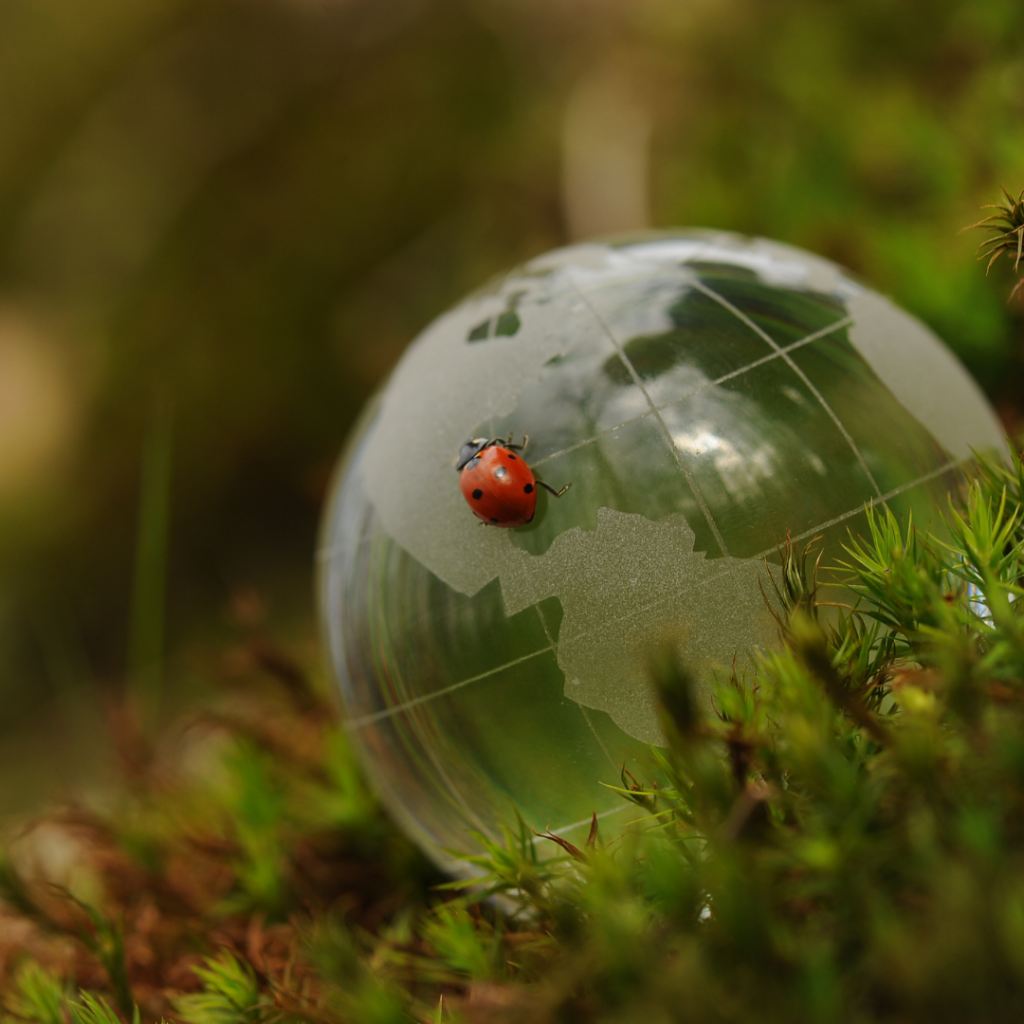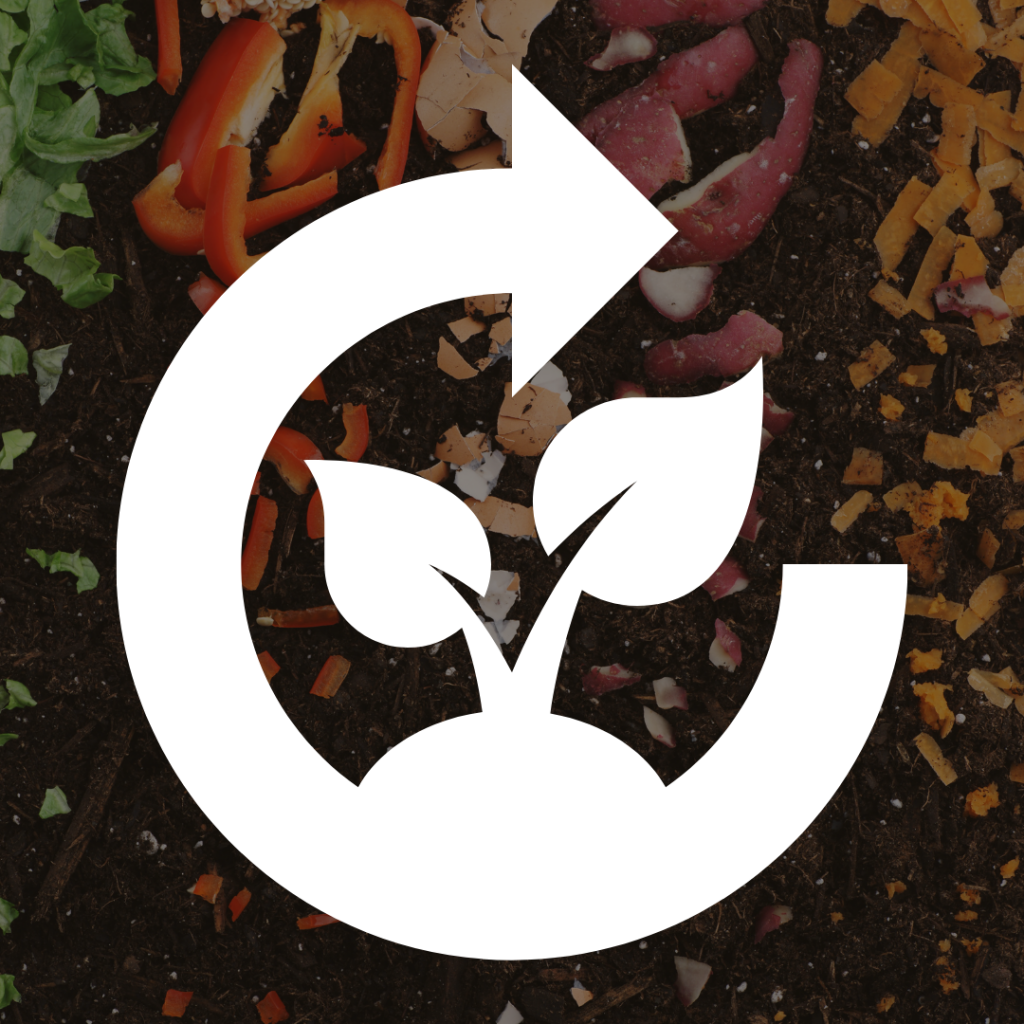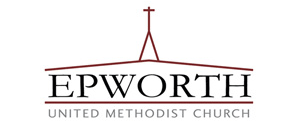
“All creation is the Lord’s, and we are responsible for the ways in which we use and abuse it. Water, air, soil, minerals, energy resources, plants, animal life, and space are to be valued and conserved because they are God’s creation. We recognize the responsibility of the Church toward lifestyle and systemic changes in society that will promote a more ecologically just world and a better quality of life for all creation.”
-Excerpt from the UMC Social Principles, “The Natural World”

The United Methodist Church is committed to caring for the God’s earth.

Epworth believes in composting! Compostable waste bins are available around the church property. Members are encouraged to use the compostable bins whenever possible and are invited to bring their own compstables to the church from home.
To learn more about what can be composted, please see the materials below.
April is Earth Month
Refuse, Reduce, and Reuse During Earth Month
To care for Earth is to improve it and prevent further degradation.
- Refuse single-use plastics. At a restaurant, decline the plastic straw. At the grocery store, skip the plastic produce bags and challenge yourself to only buy products that are packaged in paper, aluminum, or glass.
- Reduce your energy and water use. At home, unplug electronics like TVs, microwaves, printers, and chargers when they aren’t in use. Adjust your thermostat when you leave home. Wash clothes in cold water rather than hot, and wait to run dishwashers and clothes washers until you have full loads.
- Reuse or repurpose items whenever possible. Substitute cloth napkins for paper napkins. Buy secondhand items whenever possible, and donate your unwanted items to organizations that can use or sell them. Use the library, and borrow/rent (and lend!) items that are used infrequently to avoid new purchases.
The Dos and Don’ts of Recycling During Earth Month
Recycling is not a solution to humanity’s waste problem, but the “better-than-nothing” option when you can’t refuse, reduce, or reuse.
- DO make sure items intended for recycling are empty, clean, and dry. Approximately 25% of all items sent to recycling centers are contaminated by food waste and end up going to the landfill instead of being recycled. Put lids back on plastic containers, and let wet items dry before putting them in the recycling bin.
- DO NOT put your recyclables in a plastic bag. Bags get entangled in the machines at recycling facilities.
- DO save plastic bags for commercial recycling at grocery stores. Plastic grocery bags, sandwich bags, bubblewrap, and other flimsy plastics should be dropped off at grocery stores, which send the materials to special recycling facilities.
- DO NOT recycle anything smaller than a credit card. Like plastic bags, small items can jam the recycling equipment.
- DO pay attention to materials and shapes of items. Mixed materials (like laminated paper, paper envelopes lined with plastic bubble wrap, and paper containers with metal or plastic bottoms) can’t be separated into their component parts and thus cannot be recycled. Only single-use plastic bottles, jars and tubs that have lids that can go back on can be recycled
24Then God said, “Earth: bring forth all kinds of living soul—cattle, things that crawl, and wild animals of all kinds!” So it was: 25God made all kinds of wild animals, and cattle, and everything that crawls on the ground, and God saw that this was good. 26Then God said, “Let us make humankind in our image, to be like us. Let them be stewards of the fish in the sea, the birds of the air, the cattle, the wild animals, and everything that crawls on the ground.” 27Humankind was created as God’s reflection: in the divine image God created them; female and male, God made them. 28God blessed them and said, “Bear fruit, increase your numbers, and fill the earth—and be responsible for it! Watch over the fish of the sea, the birds of the air, and all the living things on the earth!”
-Genesis 1:24-28

